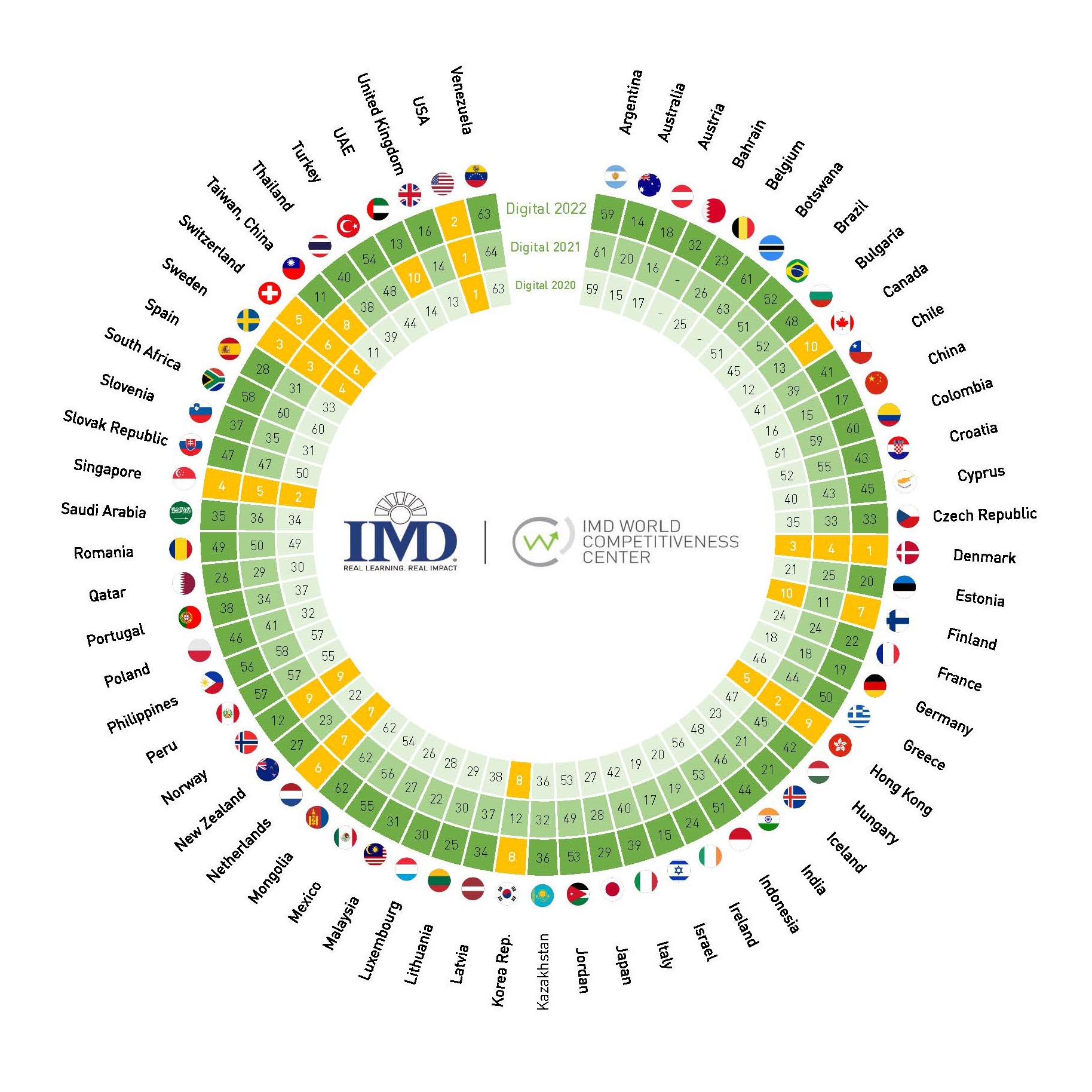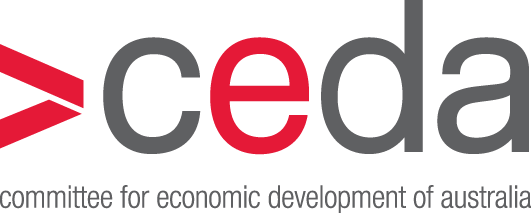PROGRESS 2050: Toward a prosperous future for all Australians
Australia’s digital competitiveness significantly improved in the last 12 months – rising six places in a ranking of the digital competitiveness of 63 countries released today. Australia recorded the second largest year-on-year improvement in the rankings, behind only Croatia.
Australia rose to 14 in the IMD World Digital Competitiveness Ranking (WDCR), with key strengths being investment in telecommunications, internet retailing and software piracy.

“Australia has regained the ground lost during the COVID-19 pandemic,” says CEDA Chief Economist Jarrod Ball.
“Yet Australia’s Achilles heel is its future readiness which underpins a country’s ability to take advantage of emerging technologies, sustaining its digital competitiveness over time to keep pace with the most digitally competitive nations.
“Our future readiness is held back in the rankings by factors such as business agility, entrepreneurial risk-taking and cyber security preparedness.
“More broadly, the rankings show that Australia must invest in training and international talent to improve digital knowledge across the economy.
“It is clear from these results that with the right ambition and capacity building, Australia can realise greater economic opportunities from digital technology to underpin future economic development.
“This must be a consistent and enduring focus across all sectors of the economy to overcome the barriers to greater competitiveness called out in these rankings.”
IMD World Digital Competitiveness Score 2022
The WDCR report shows Australia has several key strengths, including its regulatory framework to support starting a business, software piracy controls and take-up of internet retailing.
However, Australia ranked just 52 for graduates in sciences, 49 in international experience and 44 in employee training.
Australia is also ranked 31 for cyber security and 38 in terms of government cyber security capacity.
Denmark took the top position in the digital rankings and the United States fell to second place (it has previously held on to the number one place for the four years prior). Denmark rose to first place due to its outstanding performance in future readiness – or its preparedness to exploit digital transformation – coming first in business agility and IT integration.

IMD World Digital Competitiveness Rankings in the past five years


The World Digital Competitiveness Ranking is produced by the Switzerland-based International Institute for Management Development (IMD) World Competitiveness Centre. CEDA is the Australian partner.
